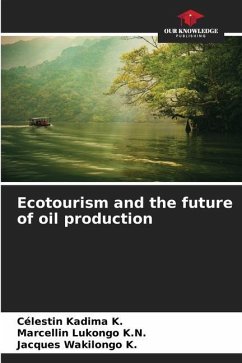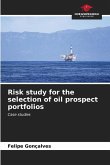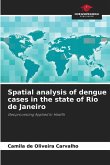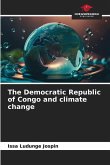Lake Edouard, located in the Virunga National Park, has gone through three periods since its existence: the renaissance period, the stalemate period (period of war and/or rebellion) and the rehabilitation period. During the rehabilitation period, the park remained occupied by several armed groups: coupeurs des routes, mai mai, FDLR, etc. Oil exploitation in Virunga National Park was divided by the DRC government into 5 blocks entrusted, since 2009, to various companies: Total, ENI, Shel and SOCO (UK). Exploitation permits covered 58% of the park's surface area, even though Congolese law prohibits exploitation of any kind in Virunga. Lake Edouard was home to 29,500 hippos and 28 species of amphibians, and was the richest lake in Africa and the DRC. At present, these species are tending to disappear as a result of various human activities on the lake. Because of the DRC's negative externalities, this exploitation is causing an oil spill and is at the root of the water war, as Lake Edward is the source of the White Nile and the Blue Nile, which flow into the Mediterranean.
Hinweis: Dieser Artikel kann nur an eine deutsche Lieferadresse ausgeliefert werden.
Hinweis: Dieser Artikel kann nur an eine deutsche Lieferadresse ausgeliefert werden.








